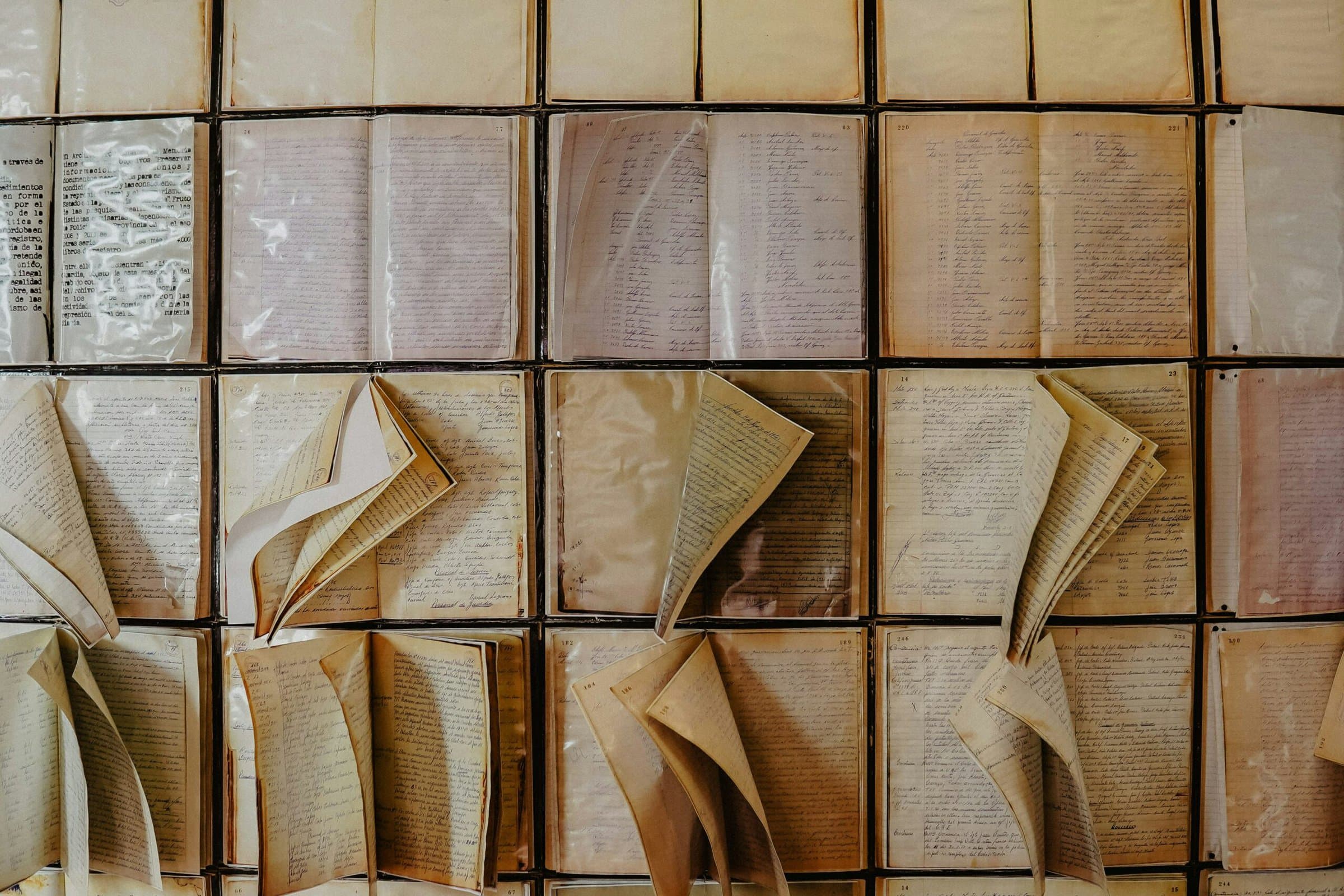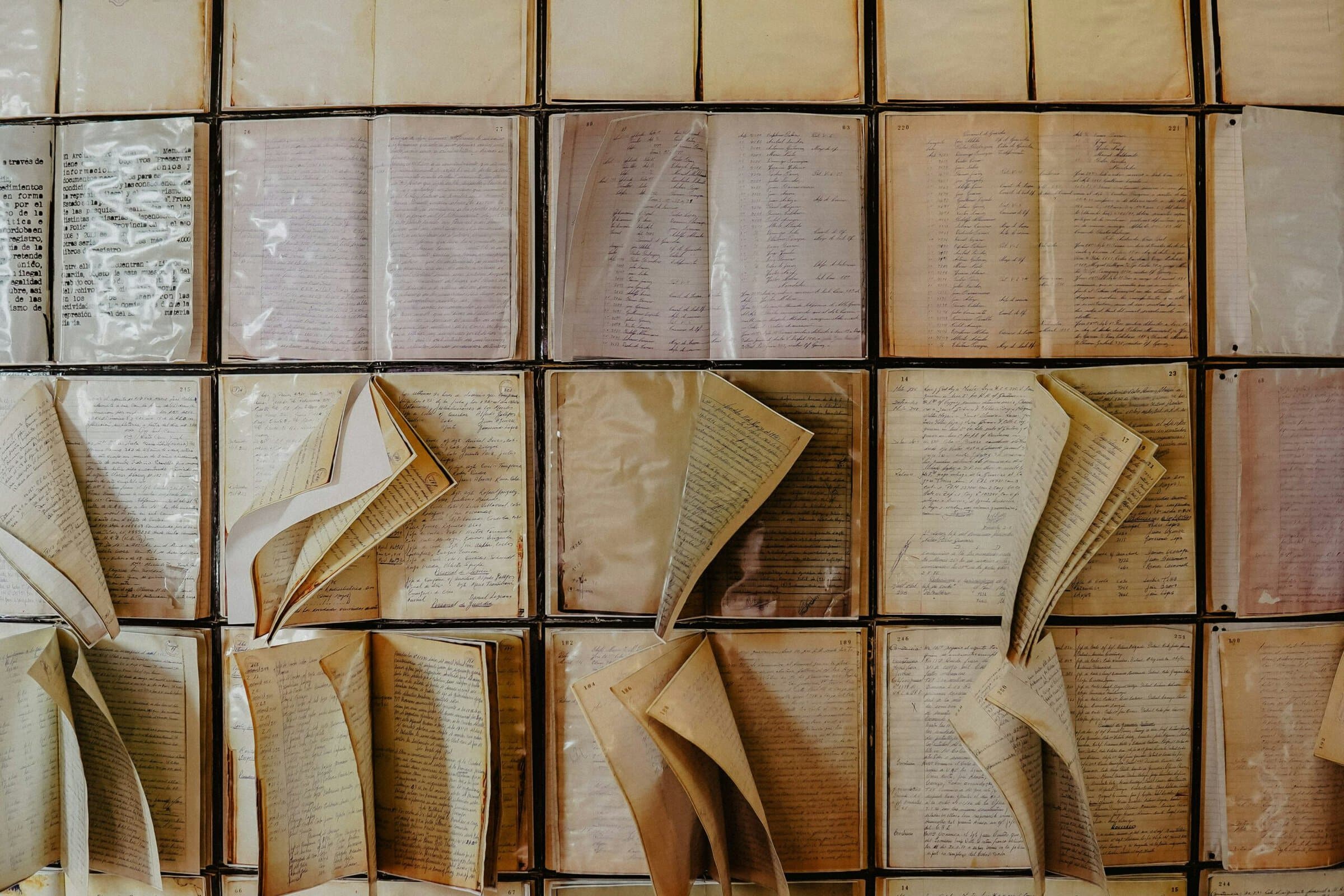Contents
Call for a Convention
Preliminary Business Meeting
First Public Session
Final Organization, Constitution, and Original Membership
Private Session
Second Public Session
Resolutions of First Executive Council
First AHA Membership Roster
A New Historical Movement
Call for a Convention
In June, 1884, after some correspondence between individuals interested in the formation of an American Historical Association, the following call for a convention at Saratoga, September 9, 1884, was issued by the undersigned, acting as a provisional committee:
It is proposed to organize, under the auspices of the American Social Science Association, during the next annual session at Saratoga, September 8-12, 1884, an American Historical Association, consisting of professors, teachers, specialists, and others interested in the advancement of history in this country. The objects of the proposed Association are the exchange of ideas and the widening of acquaintance, the discussion of methods and original papers. Such an Association will certainly prove of great advantage to American teachers and students who are now more or less isolated in their fields of work. Friends of history can profit by association with one another and also with specialists in the kindred subjects of social science, jurisprudence, and political economy, which are represented at this annual meeting in Saratoga. By conference with co-workers historical students may widen their horizon of interest and cause their individual fields of labor to become more fruitful. The advantages of meeting at Saratoga are obvious. It is an excellent environment, attractive to all. The Social Science Association has already established itself at Saratoga, and offers the advantages of its name and existing organization, the use of its hall for historical sessions, and special rates at the United States Hotel during the week of the Social Science convention.
Arrangements will be made for the presentation of a few original papers, in abstract, at the first meeting of the American Historical Association, which will be held in Putnam Hall, Saratoga, Tuesday, September 9, 1884, at 4 p.m.
Signed: John Eaton, President American Social Science Association; F. B. Sanborn, Secretary American Social Science Association; C. K. Adams, Professor of History, University of Michigan; M. C. Tyler, Professor of History, Cornell University; H. B. Adams, Associate Professor of History, Johns Hopkins University.
This call was published in the annual circular of the American Social Science Association, and was sent to all the members of that Society—over three hundred in number,—comprising many persons interested in the progress of historical and political studies in America. The call was also printed in a form distinct from the Social Science circular, and was sent to many persons not members of that Association. Although doubtless many writers, students, and teachers of history were passed over in consequence of defective methods of distribution and an inadequate supply of circulars, yet it was intended by the committee to extend the call to historical specialists, antiquarians, and professors of history throughout the country. The circular was sent, for example, to all contributors to (1) “The American Statesmen” Series, (2) “The American Commonwealths” Series, and (3) “The Narrative and Critical History of America.” Circulars were also sent to State historical societies and to many local organizations, to public libraries and reading-rooms, to representative journals in various States, and to magazines specially devoted to history. The call was reprinted in full by the Magazine of American History, August, 1884, and the press of the country strongly encouraged the project of forming an American Historical Association. As indicative of public opinion, the notices published in The Nation, Springfield Republican, Boston Advertiser, Boston Herald, The Press (Philadelphia), and the religious journals of the country, were both encouraging and suggestive.
As influences tending to encourage and shape the idea of an historical organization of a national character, some of these press notices deserve to be placed on record by the Association. The Springfield Republican printed the following editorial note:
An American Historical Association is one of the felt wants of this country, and it is proposed to form such an association during the next session of the American Social Science Association at Saratoga, September 8th-12th. The opportunity is favorable, as the occasion brings together a great many scholars and educators who naturally take interest in the study of history and the working of causes on events, and the others who will be drawn to Saratoga for this special object will share the advantages of the Social Science Association, its hall for their meetings, and its special rates at the United States Hotel. Arrangements are to be made for starting the new association with a number of historical papers in abstract, at the organizing meeting, September 9th.
The Independent contained an editorial notice as follows:
As the number of American scholars and specialists increases, it is but natural that they should seek to form associations where the special branches of study in which they are interested can receive the combined attention of all who are eminent in one sphere or the other. Thus, we have our American Philological Association, our American Oriental Society, our American Association of Science, our American Social Science Association, etc. It is now proposed to add to these an American Historical Association, to consist of professors, teachers, specialists, and others interested in the advancement of historical study and research in this country. Many excellent local historical societies exist throughout the country, but they are insufficient; a national society is needed. A call for the organization of such an association has been issued under the auspices of the Social Science Association, and signed by its president and secretary and by the professors of history in the University of Michigan, in Cornell University, and in Johns Hopkins University. The first meeting of the new association will be held in Saratoga on the 9th of September, 1884. The advantages to the country of such an association are too obvious to need expression or enumeration. Matters of national historical importance are constantly coming up, which must often be neglected simply because they do not seem to come within the province of any existing organization. It would seem that such an organization as an American Historical Association should play an important part in the proposed celebration of the fourth centenary of the discovery of America. From this point of view, at least, the call is timely.
The Nation of September 4th contained the following “Note”:
The American Historical Association, which is to be organized this year in connection with the Social Science Association, will hold its first meeting at Saratoga in Putnam Hall on Tuesday, September 9th, at 4 p.m. After a preliminary session, the friends of the new organization will adjourn for subsequent meetings, during the Social Science convention, at such time and place as may be most convenient. Communications are expected from Professors Charles Kendall Adams, of Michigan University, and Moses Coit Tyler, of Cornell, and from representatives of Harvard, Yale, and Johns Hopkins. President Andrew D. White, of Cornell University, will be present at this meeting of the Association, and has been invited to address it. Dr. Frank Austin Scott, Professor of History in Rutgers College, and for a long time associated with Mr. George Bancroft, will present a paper upon “The Law of Constitutional Development in the United States.” Other communications upon the progress of historical research in this country will be announced at the first meeting of the Association. It is hoped that this organization of American students and teachers of history will prove highly advantageous, not only for the promotion of historical study in new and profitable lines of inquiry, but also for the widening of acquaintance and good-fellowship among workers in the same field. It is not so much the reading of papers that advances science in these American and British associations—it is the association itself; it is the meeting of men and the exchange of ideas.
The Boston Herald, two days before the meeting of the Association, published an editorial from which the following extracts are taken:
The organization of the American Historical Association at Saratoga next Tuesday, in connection with the Social Science Association, is understood to mean an attempt to give historical studies in this country a larger scope and purpose, and to place them upon a scientific basis. … What is now needed is the meeting of men engaged in these studies and their interchange of ideas. The historian is usually an isolated individual who has grown gray before he becomes widely known. It is high time that he came out of his seclusion and breathed the wholesome air of public affairs. By conference with their co-workers, historical students may widen their horizon of interest, and cause their individual fields of labor to become more fruitful. Their association with specialists in the kindred fields of social science, jurisprudence, and political economy will be helpful in the same direction. The prospect is that the first meeting will be distinguished in the attendance of leading historical students, and that in the exchange of ideas, the widening of acquaintance, the discussion of methods and of original papers, the future historians of the country will find themselves greatly strengthened. It will be chiefly a gathering of the younger school of writers, like Prof. C. K. Adams, Prof. Moses Coit Tyler, Judge Chamberlain, President White, Dr. Frank Austin Scott, and representatives from Harvard, Yale, and Johns Hopkins, but it will be representative of all the best interests of American historical scholarship, and will for the first time give them a national and adequate organization. Too much cannot be made of such an institution. It registers the rise of a new generation of Americans and the growth of a better method in the study of history.
Related Resources

March 31, 2008

